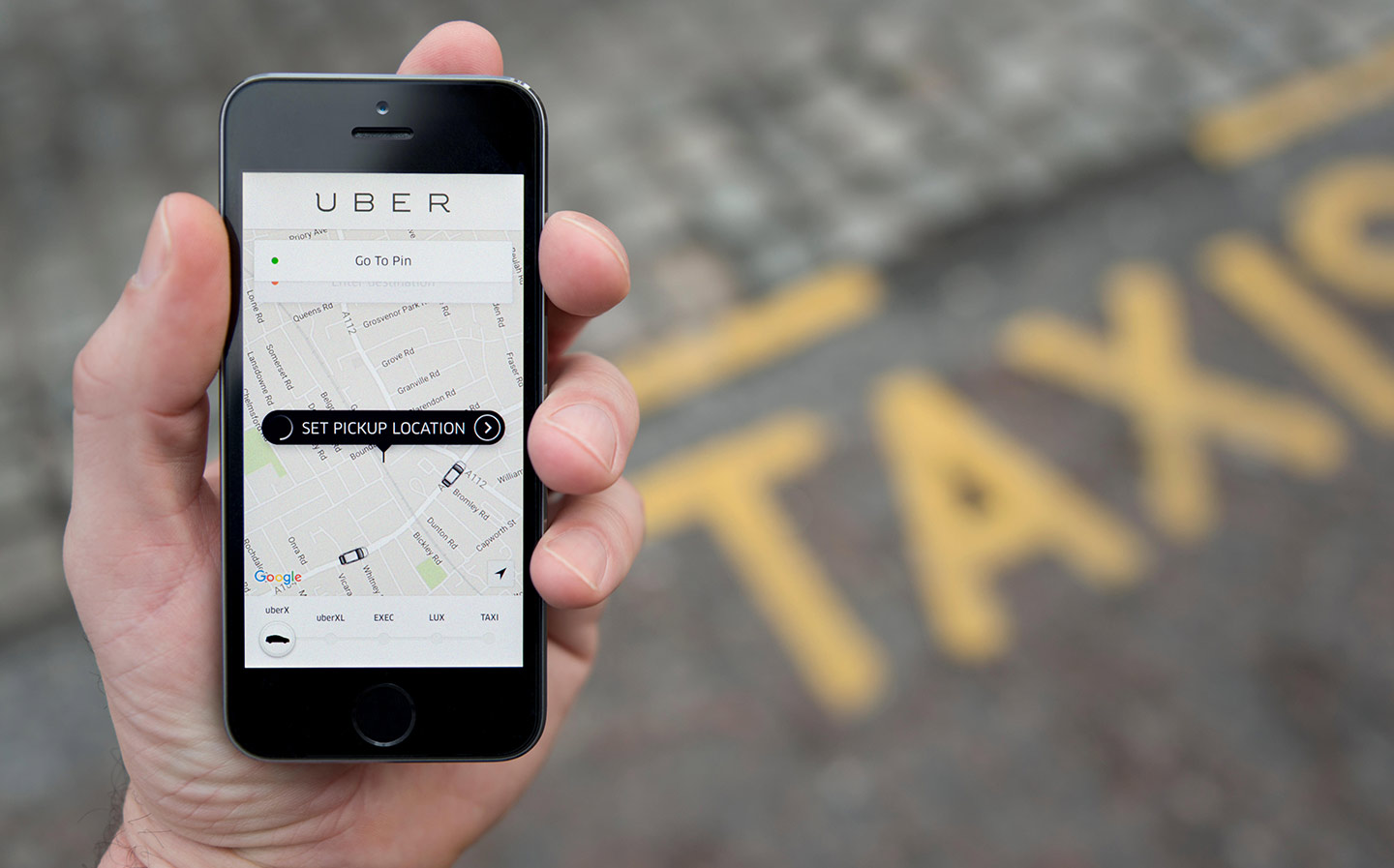Not fare: how Uber drivers gang up to exploit passengers
Drivers co-ordinate to log out and cause price surge
UBER drivers are secretly colluding to cause price surges that allow them to charge customers more, according to research seen by The Times.
Academics interviewed Uber drivers in London and New York and analysed 1,012 posts on the independent Uberpeople.net site, finding that drivers were playing the company’s algorithms.
According to the researchers, drivers in the same area co-ordinate to log out of the taxi-hailing app so that their cars drop off the list of available rides.
Browse NEW or USED cars for sale
This causes prices to increase in line with the economics of supply and demand, with fares potentially rising to several times the normal rate.
The team from Warwick Business School, in Coventry, and New York University cited a conversation on one online forum where a London driver said: “Guys, stay logged off until surge.” A second driver replied: “Why?” “Less supply high demand = surge,” the original poster explained.
Another driver chimed in: “Uber will find out if people are manipulating the system.” The original driver added: “They already know cos it happens every week.”
“Drivers have developed practices to regain control, even gaming the system”
The researchers said that the drivers’ behaviour was understandable as a response to Uber’s “management by algorithm” where drivers rarely interact with company bosses.
Dr Lior Zalmanson, of NYU, said: “Uber’s strategy is not at all transparent . . . and this creates negative feelings towards the company.
Dr Mareike Möhlmann, of Warwick Business School, said: “Drivers have developed practices to regain control, even gaming the system. It shows that the algorithmic management that Uber uses may not only be ethically questionable but may also hurt the company itself.”
Uber said the research was based on comments by drivers that were in many cases untrue.
“This behaviour is neither widespread or permissible on the Uber app, and we have a number of technical safeguards in place to prevent it from happening,” a spokesman said.
Mark Bridge, Technology Correspondent
This article first appeared in The Times





